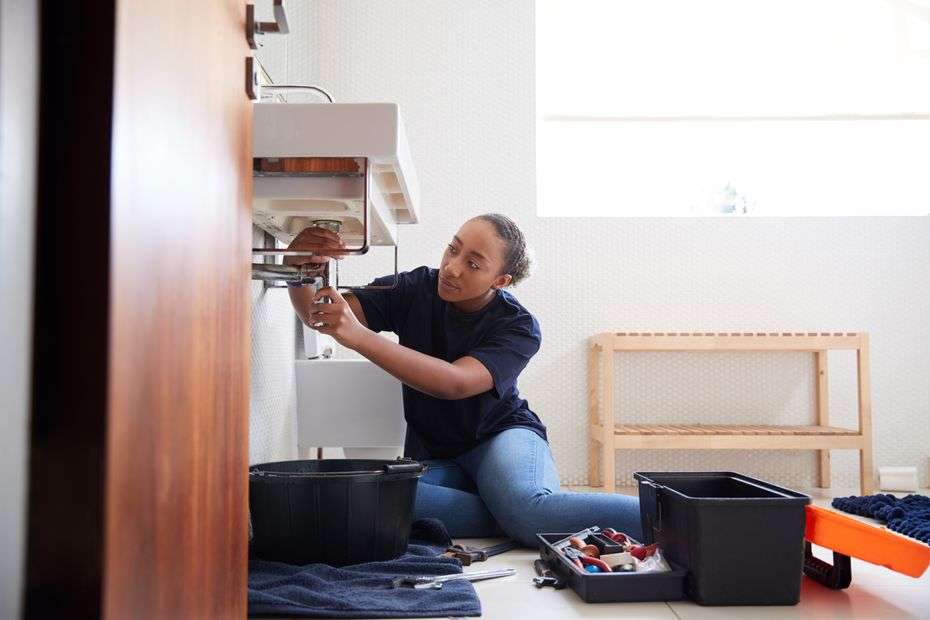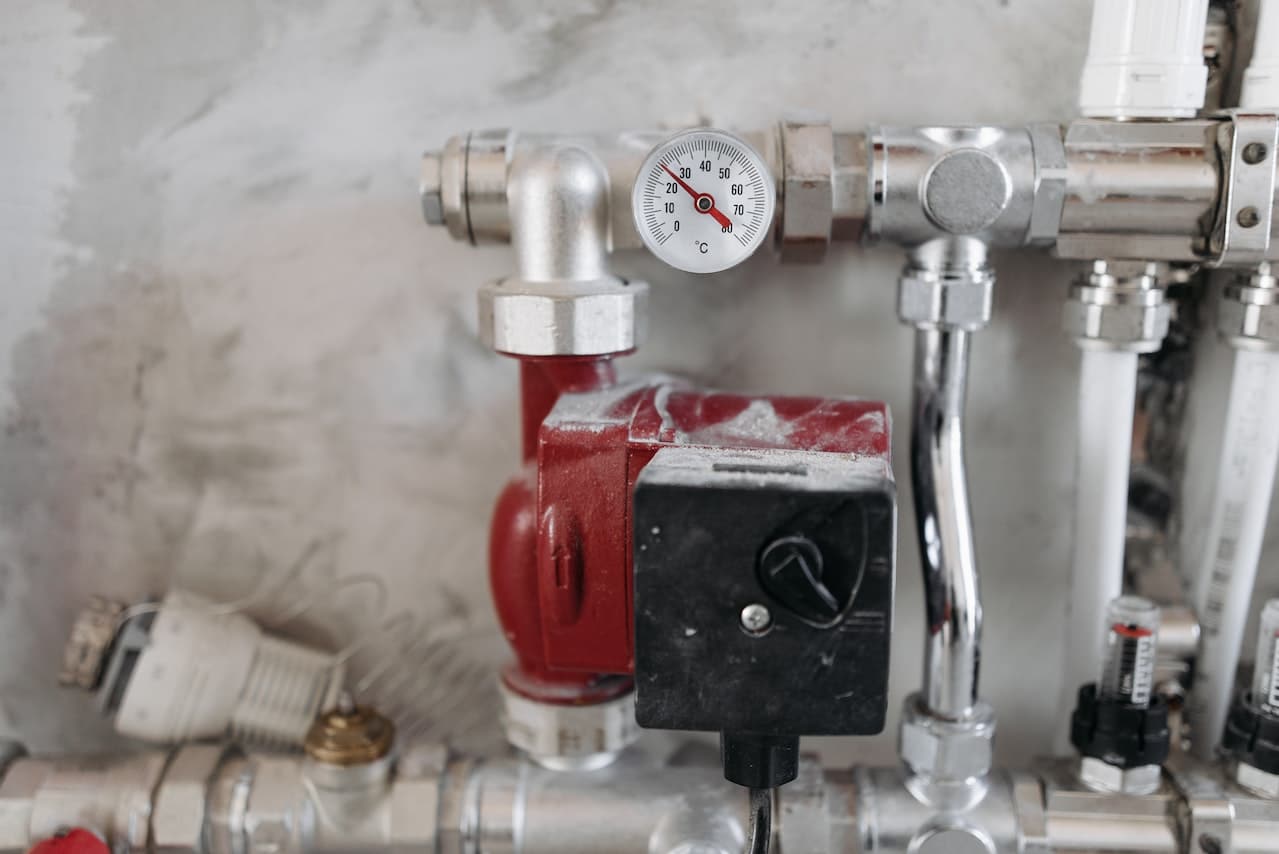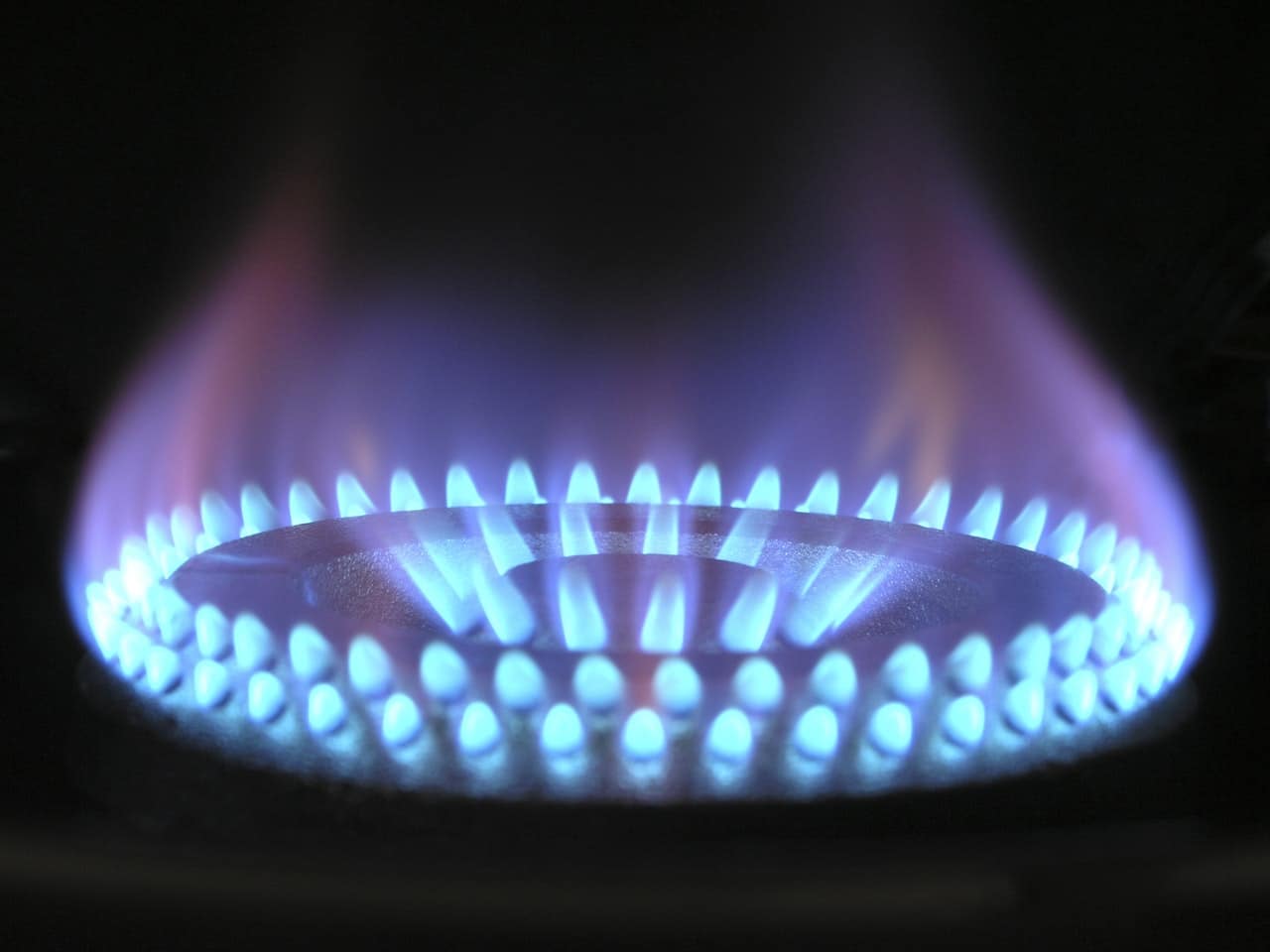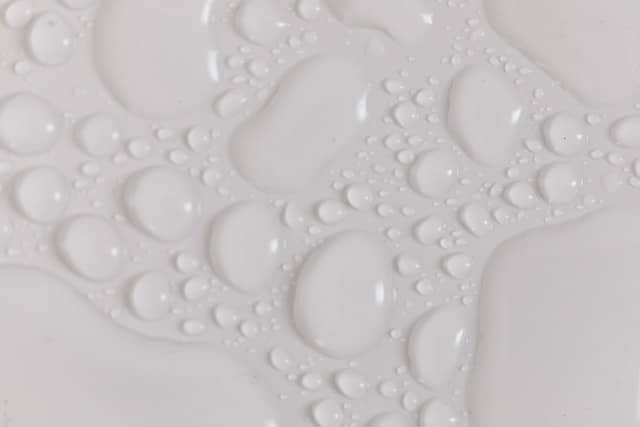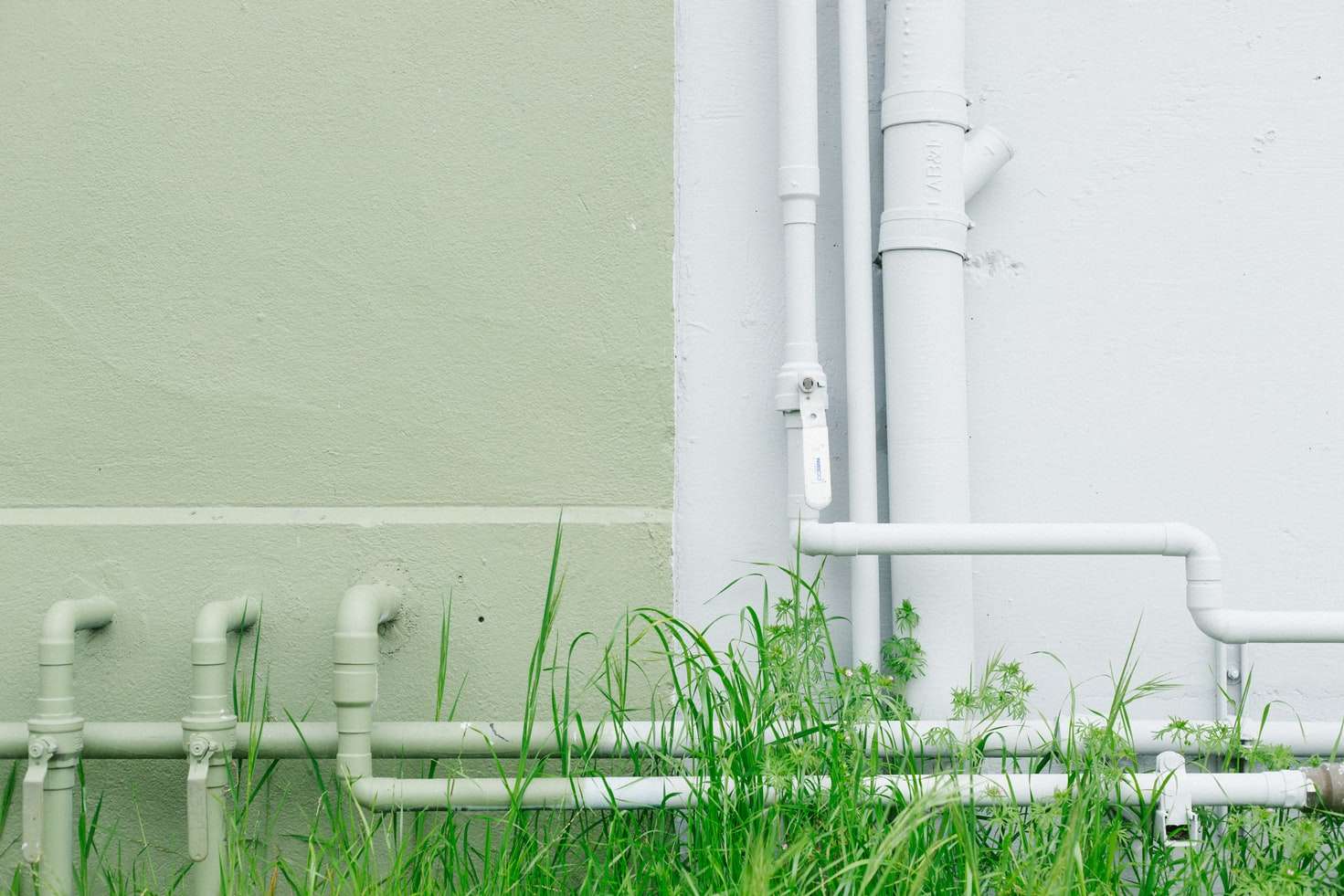A simple plumbing problem at home might be a slight inconvenience, but a water leak is an emergency that needs dealing with, pronto! Fortunately, there are several things you can do before even calling a plumber to the scene or suffering from a leak.
Tip 1: Spot These Signs
Several signs can inform you if a leak is brewing in your plumbing system:
- Increased Water Bills: Summertime, pools, and sprinklers typically cause an increase in water consumption. But if your bill is spiking and none of the three causes applies, you may have a small leak. It may start small, creeping up a little each month. If you pay your bill online, check it each month–or call your water company to see if they provide a comparison–and get it fixed before it gets bigger. It’s the easiest way to make sure there isn’t damage to your home, too.
- Mold and Mildew: Mold and mildew are common in the shower, but if you see them on walls, you may have a leaky pipe. Molding on walls or baseboards means there’s a leak.
- A Musty Smell in Rooms: Leaks are sometimes smelt before they are seen. Did you know that mold and mildew can be inside the walls, vents, or under the floor? Musty-scented rooms aren’t normal. A leaky pipe is probably to blame.
- Water-Stained Surfaces: Stains on ceilings and walls signify something going on behind the surface. These stains, even small ones, may be a sign that something is wrong with your house.
- A Moving Meter: A water meter should stop the instant you turn it off. If it starts or runs, you leak on your hands, time to call a plumber.
Tip 2: Check Your Fixtures
Some leaks don’t require a plumber’s services immediately. If you have a small leak around your toilet or under a sink, simply close the water valve leading to that fixture. You will find a valve under the fixture; it should be clearly labeled.
This type of minor leak does not necessarily need emergency services. Remember: Some plumbing leaks do not result in emergencies.
However, contact a plumber immediately if the leak is minor and contained within a single fixture and water is still freely spilling out.
Tip 3: Turn Off the Main Supply
The solutions to seemingly huge problems are at times the simplest. At the onset of a leak, it may seem like a good idea to turn on the taps and let them overflow, but that won’t help. The water pressure will cause the pipes to break more often, resulting in leaks in your walls or floors. If the water supply line to your house breaks, you will experience water leaking in your walls and floors, as well as a noticeable drop in pressure at your fixtures.
If this happens, get outside and turn off the main water supply valve to your home. This turns off the water to reduce any flooding. Stay away from any moisture in your home until you’ve cleaned up whatever puddles there may be. If you notice a leak in the ceiling, put a bucket under the drips on your floor to protect it, then take photos of the damage.
Once you have all the necessary information, call your plumber so they can adequately assess and repair the damages.
Emergency Plumbing at Its Finest
Leaking pipes are a homeowner’s worst nightmare. While you cannot prevent them from leaking completely, you can take steps to protect your home from damage. Always watch your water bill because a small leak can quickly become a serious problem if left untreated.
And in the event you’ve done all these tips and still suffer from a home leak, it’s time to contact Candu Plumbing for help! Our plumbers in San Fernando Valley, CA, and other nearby areas will be at your location in no time with an immediate solution. Request a free estimate right now, and we’ll send a plumber from Encino or one of our several locations right to your doorstep!

